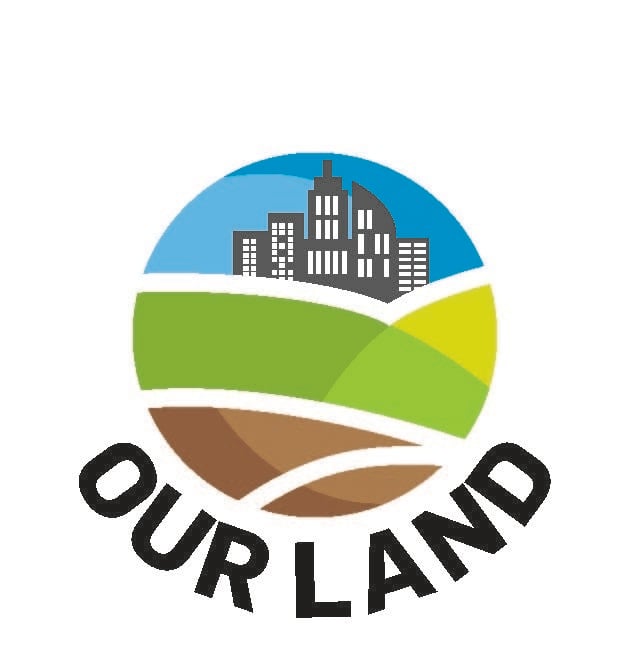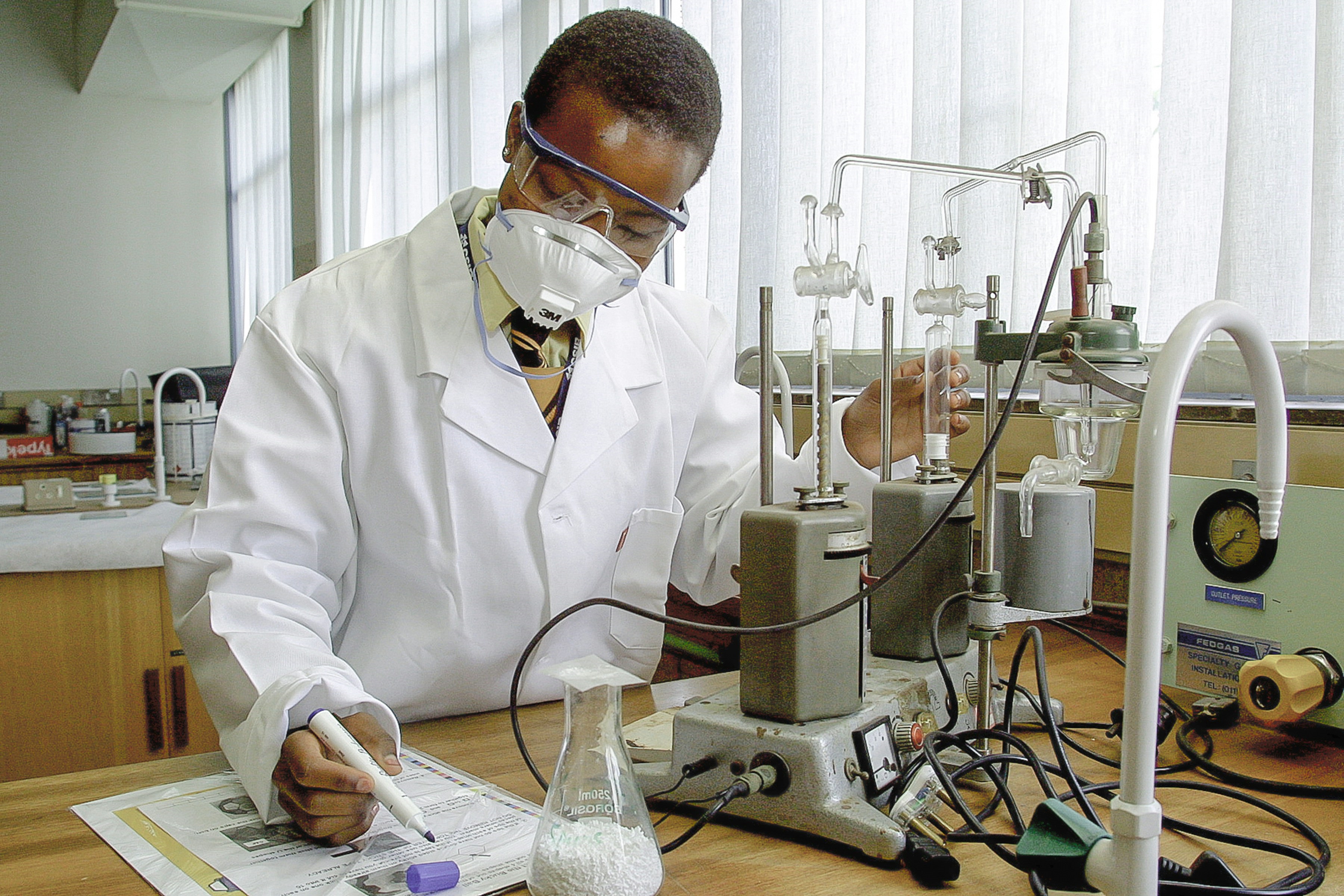Climate change has long been a concern for the world, with extreme heat conditions being one of the leading issues.
According to the C40 Cities’ latest report titled Future We Don’t Want, in 2050, 45% of the urban population around the world will live in high heat conditions during summer – more than triple the current 14% of the population.
The report reveals that in 2050 more than 970 cities will be regularly exposed to the hottest three-month average maximum temperatures reaching at least 35°C. At present, 350 cities on earth experience this.
Code for Africa, a citizen-focused data journalism platform, has generated online tools to track global climate projections for 2050 and 2070.
The Climate Change tool, one of their tools on reflecting climate projections, allows the user to drag a marker to explore major cities around the world.
“There is a lot of talk about climate change destroying faraway places like the Amazon or the Antarctic, but very little evidence showing how it will impact you or me as individuals. All the tools that we build at Code for Africa tries to change this, by giving people actionable information about their own neighbourhoods,” said Justin Arenstein, director at Code for Africa.
The C40 cities report found that cities are particularly at risk of extreme heat, which is projected to increase in frequency, intensity and duration in the coming decades, because of “the urban heat island effect”.
As a result, the report notes that these conditions in urban centres can “worsen air quality, cause dehydration, cardiovascular complications, kidney diseases, heat strokes and death”.
“We’ve been helping local civic watchdogs and government agencies build climate resilience technologies, from using drones to map flood-prone areas, to using sensors to check for cholera in contaminated water.
“But, despite all these high-level interventions, ordinary people are still struggling to understand exactly how climate change is going to impact on their lives,” said Arenstein
The Code for Africa online tool used data from an international research institute that shows ordinary people how temperatures will rise year-by-year in their cities.
“Visualisations like the Climate Change one are designed to make the issues personal, to spark evidence-based debates by ordinary citizens,” he added.




 Publications
Publications
 Partners
Partners









